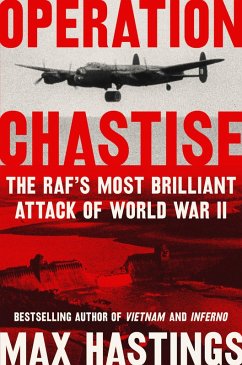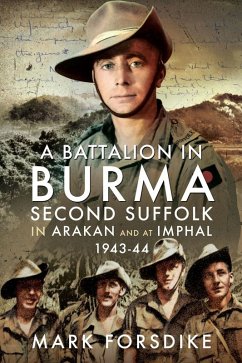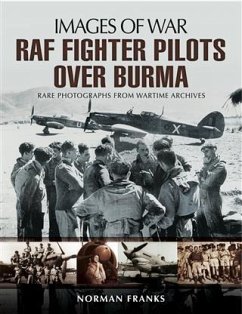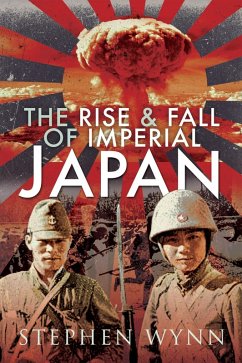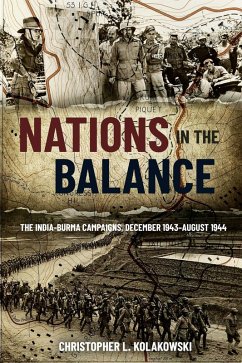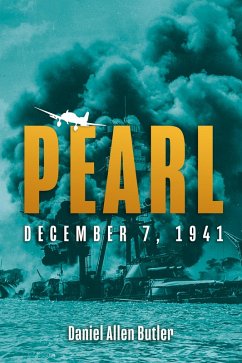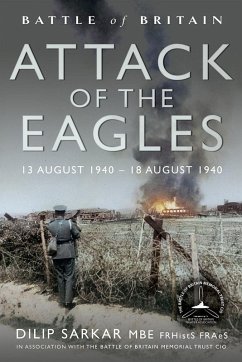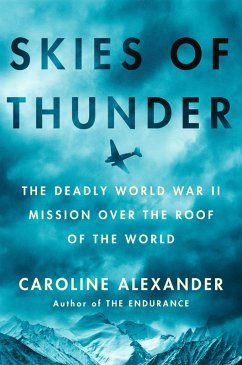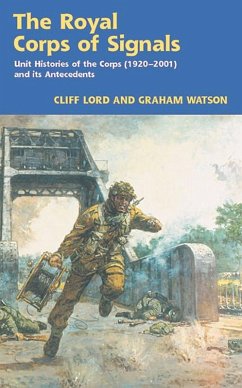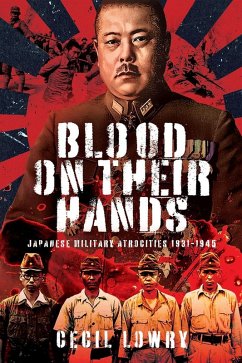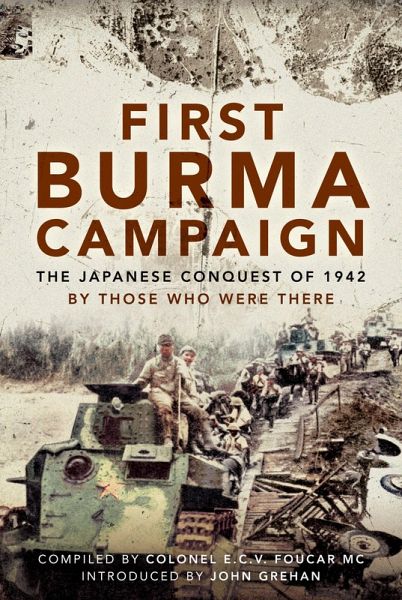
First Burma Campaign (eBook, ePUB)
The First Ever Account of the Japanese Conquest of 1942

PAYBACK Punkte
4 °P sammeln!
The British Army's report on the Japanese invasion of Burma during WWII-based on firsthand accounts by the officers who survived it. In 1942, the Japanese military drove British and Indian forces out of Burma. Colonel E.C.V. Foucar, M.C., was given the task of discovering what happened. Seeking information and documentary evidence from officers of the First Burma Campaign, Foucar wrote this detailed account for the Director of Military Training. This volume describes the challenging geographical, climatic, and political conditions in Burma before turning to the devastating Japanese ground assa...
The British Army's report on the Japanese invasion of Burma during WWII-based on firsthand accounts by the officers who survived it. In 1942, the Japanese military drove British and Indian forces out of Burma. Colonel E.C.V. Foucar, M.C., was given the task of discovering what happened. Seeking information and documentary evidence from officers of the First Burma Campaign, Foucar wrote this detailed account for the Director of Military Training. This volume describes the challenging geographical, climatic, and political conditions in Burma before turning to the devastating Japanese ground assault. He describes harrowing episodes such as the 'Disaster' at Sittang Bridge, the evacuation of Rangoon, and the march to the River Irrawaddy in an attempt to secure the north of Burma and its oilfields. With the Japanese closing in on the beleaguered British force, the decision was taken to abandon Burma and try to reach India. The ragged, disease-ridden troops battled their way west just as the monsoons broke. General Wavell, wrote that, "operations were now a race with the weather as with the Japanese and as much a fight against nature as against the enemy."
Dieser Download kann aus rechtlichen Gründen nur mit Rechnungsadresse in A, B, BG, CY, CZ, D, DK, EW, E, FIN, F, GR, HR, H, IRL, I, LT, L, LR, M, NL, PL, P, R, S, SLO, SK ausgeliefert werden.




